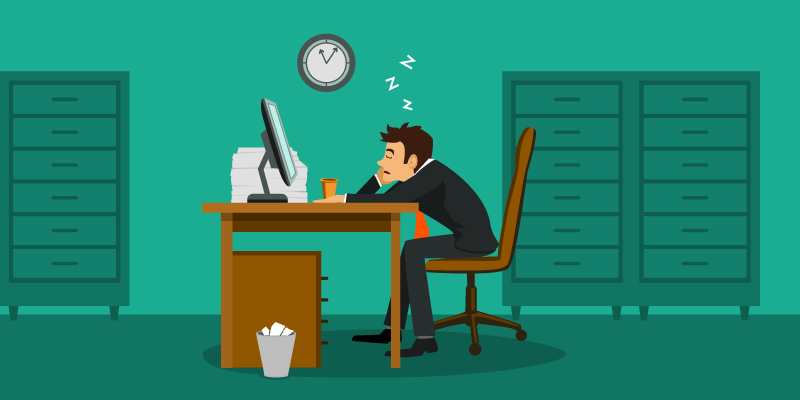
Laziness can lead to six types of cancer.
Lazy brushing: can lead to oral cancer
Rinsing your mouth can reduce the bacteria in your mouth by 20% and brushing your teeth by 70%.
Lazy brushing not only causes ulcers, bleeding gums and periodontal disease, but also increases the risk of colds and aspiration pneumonia in the elderly.
A study by the Japan cancer research center found that people who are lazy about brushing their teeth are 2.5 times more likely to develop cancer than those who brush their teeth twice a day.
Brushing teeth can remove streptococci from the mouth in time to reduce the risk of cancer.
It’s best to brush your teeth twice each morning and evening.
Laziness to the toilet: bladder cancer
Many people do not want to leave the work at hand when they need to urinate, and only go to the toilet when they can no longer tolerate it.
Studies have shown that this can damage the sphincter of the bladder in the first place.
The urine that contains toxic substance cannot be excreted in time, can cause cystitis, urethritis, inflammation up infection still can cause nephritis.
Researchers found that the risk of bladder cancer increased three to five times in people with the habit of holding back their urine.
Lazy laundry: causes kidney cancer.
Lazy people often send clothes to dry cleaners, but dry cleaning uses a tetrachloroethylene chemical as an active solvent, which is harmful to the nervous system and can increase the risk of kidney cancer if exposed to the poison for long periods of time.
During dry cleaning, the chemical is absorbed by the fibers and released from the clothes when the air is dry, but dry cleaners often keep clothes in unventilated cabins, causing tetrachloroethylene to not fully evaporate, if worn in haste. It is easy to absorb toxic chemicals into the body, it is best to dry cleaning clothes hung in a ventilated place for 1 week before wearing.
Lazy turn off the light to sleep: easy to help cancer cell growth
Children who are accustomed to sleeping with the light on are more likely to develop cancer, as the incidence of childhood leukemia is associated with exposure to light at night.
Studies have shown that babies between four and five months are susceptible to unnatural light, which can disrupt the circadian rhythm and inhibit the production of melatonin, which is linked to cancer cell growth.
Lazy to shave: causes respiratory cancer.
When the human body breathes many kinds of harmful gases all may stay in the beard, moreover in the atmosphere contains many kinds of heavy metal particles, the automobile exhaust gas discharge polycyclic aromatic hydrocarbon, the lead and so on can also be the beard adsorption, these harmful substances may enter the respiratory tract.
Russian researchers found a variety of harmful substances in the beard, such as benzene, toluene, hydrogen sulfide, acetone, ammonia and so on.
In addition, dust and microbes in the air, carcinogens in the smoke and lead in the car exhaust are also easily adsorbed on the whiskers.
If you can’t shave frequently, these harmful substances can damage the respiratory tract, increasing the risk of cancer.
Too lazy to go out in the sun: causes multiple cancers.
According to the Harvard Medical School, exposure to the sun prevents cancer, and the skin produces vitamin D only after exposure to ultraviolet radiation. Vitamin D eliminates the blood environment in which tumors form, preventing colon and prostate cancer, among other things.
Infants exposed to the sun 15-30 minutes a day, the elderly 40-60 minutes a day.
In addition, the World Cancer Fund has released an expert report that cautions us that a small amount of excess fat in the body may increase the risk of cancer, but it also points out that. Even small weight loss can reduce the risk.
Therefore, experts recommend that people do at least 30 minutes of moderate physical activity a day (the equivalent of a brisk walk), not only because exercise helps maintain a healthy weight, but there is ample evidence that, Physical activity itself can reduce the risk of cancer.